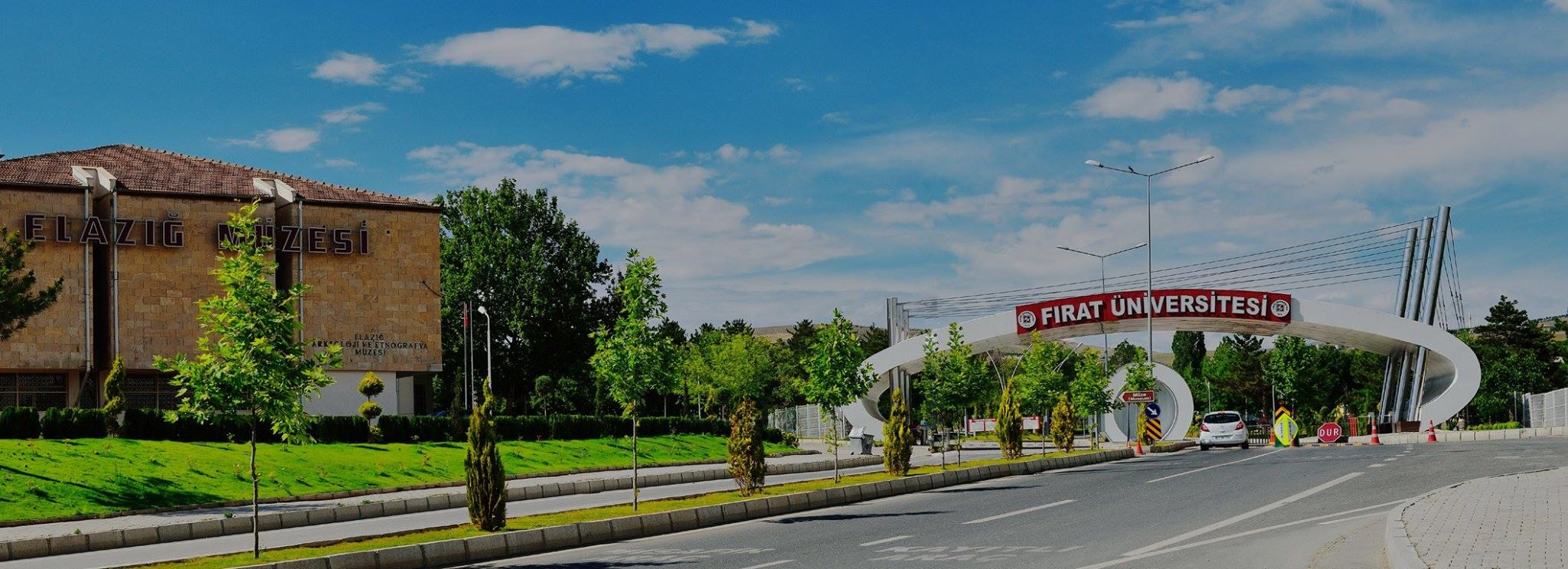
Information
General Information
The department, which started its education under the name of Electrical Engineering in 1972 within the Elazığ State and Engineering and Architecture Academy, has been taking the name of Electrical-Electronics Engineering with the restructuring of Higher Education Institutions and continues its activities under the roof of Fırat University and has been producing graduates since 1977.
Our program educational objectives
It is aimed that the graduates of the Department of Electrical and Electronics Engineering undergraduate program will have at least one of the following characteristics within 5 years following their graduation, as a result of the mathematics and physics background they received during the program and their sufficient achievements in professional and social issues:
• R&D, production, planning, operation, etc. of our country's leading public and private institutions. working in units
• Taking part in national or international scientific and technological projects
• Being involved in national/international commercial life under one's own leadership or in partnerships
• Participating in various certificate and training programs to improve oneself within the scope of lifelong learning approach.
Physical Space
Education and training in the Department of Electrical and Electronics Engineering continues in an independent building with a closed area of 5141 m2 within the Faculty of Engineering Campus. There are 7 classrooms on two floors of the building. Again, 5 laboratories located on two floors have a total closed area of 1752 m2. It is a comfortable place to use, consisting of administrative services and faculty offices. The education provided in the department is supported by 9 laboratory courses. In recent years, emphasis has been placed on computer-aided education and an informatics laboratory consisting of 54 computers has been established within the department. In addition, there is a separate laboratory with 10 computers available for free use by students and a sufficient number of computers allocated for postgraduate research.
Projects and Applications in the Department
Master's, PhD and industry-oriented studies are carried out on subjects such as Electrical Machines, Circuits and Systems, Power Systems, Automatic Control and Communication. 10 research assistants are actively involved in the research studies, education and training activities currently carried out in the department, under the supervision of faculty members. The department has 3 administrative staff and 4 staff in technical services.
Education
In the department, students are directed to four different fields starting from the second semester of the 3rd year. Thus, the aim is for students to graduate from the department with a deeper level of knowledge on the subjects they are interested in. These areas; Control and Computer, Electrical Machines, Electrical Installations and Electronics - Communication. These fields also have common courses. The Department of Electrical Engineering includes the following departments. - Circuits and Systems - Electrical Installations - Electrical Machines - Electronics - Communication
Graduates
Graduates of the Department of Electrical and Electronics Engineering work in public institutions such as TEDAŞ, TEAŞ, Türk Telekom, universities, research institutions and the private sector or start their own businesses.
Research and Publications
Graduates of the Department of Electrical and Electronics Engineering work in public institutions such as TEDAŞ, TEAŞ, Türk Telekom, universities, research institutions and the private sector or start their own businesses. Most of the studies are published in domestic and international journals. In addition, faculty members continue their participation in scientific activities by presenting their scientific studies in various symposiums and congresses.
Laboratories
Experiments for the following courses are carried out on different semesters and days in laboratories established in five different locations. These are Measurement and Circuit Theory, Electronics, Electrical Machines I, Electrical Machines II, Electrical Installations, Automatic Control, Process Control, Power Electronics, Microprocessor, Communication and Computer Laboratories. All students are responsible for taking some of the mentioned Labs. The other part must be taken by compulsory elective group students.
Quick Access